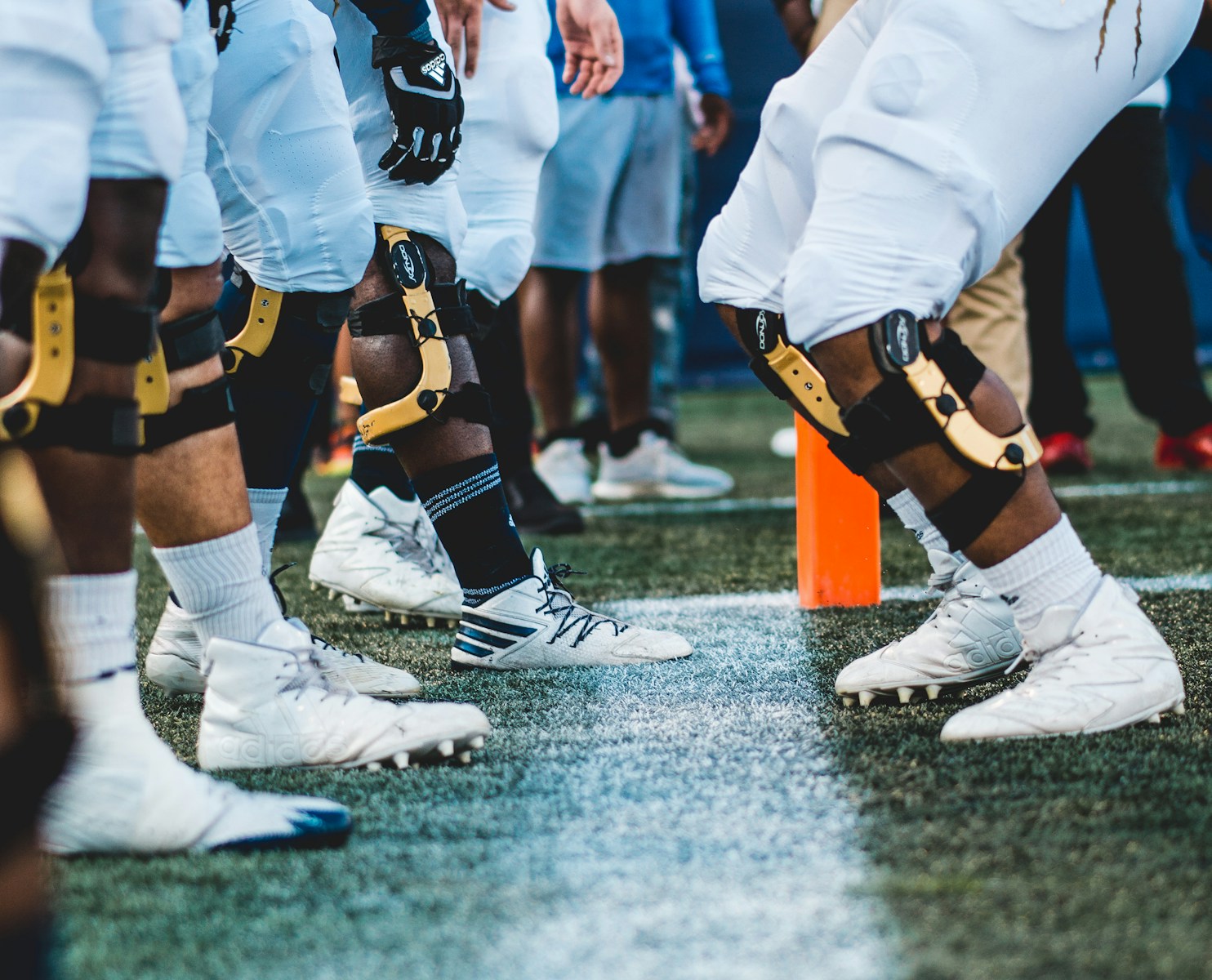
The roar of the crowd, the tension of a fourth-quarter drive, the sheer athletic brilliance on display – these are the hallmarks of NFL football that captivate millions. But recently, another element has increasingly taken center stage, often to the frustration of players, coaches, and passionate fanbases alike: the officiating. In a sport where every yard, every down, and every decision can swing the outcome of a tightly contested game, the men and women in stripes hold immense power.
The past few weeks have thrown a particularly harsh spotlight on the NFL’s officiating crews, igniting fierce debates across social media, sports shows, and water coolers nationwide. From seemingly inexplicable flag throws to glaring non-calls, the integrity of some pivotal moments has been called into question, leading to a palpable sense of disbelief among those who live and breathe football. Fans are demanding answers, and in some cases, outright investigations, as new video evidence and expert analyses continue to surface, further fueling the fire.
This isn’t just about a bad call here or there; it’s about a pattern that seems to be eroding trust and overshadowing the incredible athletic feats on the field. We’re witnessing a unique moment where the very individuals tasked with upholding the game’s rules are becoming the subject of intense scrutiny, with every gesture, every whistle, and every dropped flag dissected with unprecedented fervor. Let’s delve into some of the most contentious officiating decisions that have sent shockwaves through the league and left fans utterly bewildered.
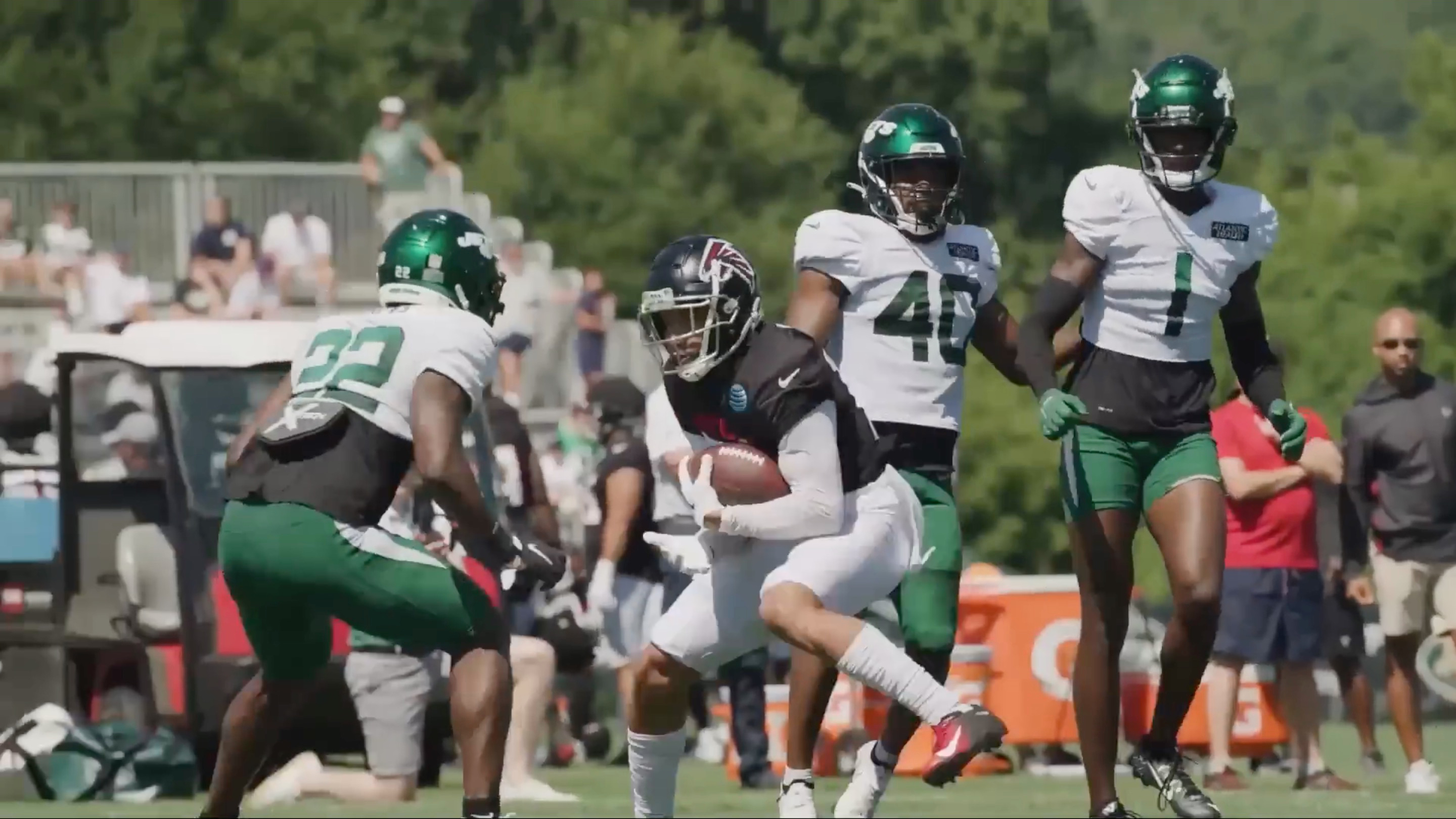
1. **The Interception That Wasn’t: Sauce Gardner, Frank Steratore, and a Flag Heard ‘Round the League**: The gridiron drama unfolded in a pivotal moment during Sunday’s 23-20 loss for the New York Jets against the Kansas City Chiefs. Star cornerback Sauce Gardner became an unexpected focal point, not for a stellar play, but for a controversial holding penalty. This late-game call had monumental implications, nullifying a Patrick Mahomes interception by Michael Carter II and denying the Jets precious time to orchestrate a game-tying or go-ahead score. Instead, many felt the Chiefs were “bailed out” by the officials.
Gardner himself minced no words in his post-game comments, expressing his disbelief. “The receiver ran into me, it was a collision,” he explained, noting similar contact had gone unflagged all game. “Pat threw the ball outside of the receiver, MC was there. He made the play and then the ref threw the flag.” His analogy of a basketball player waiting to see a missed shot before calling a foul resonated deeply with fans who felt the call was suspiciously timed and outcome-dependent.
The uproar only intensified with a new video placing referee Frank Steratore under the spotlight. This footage allegedly shows Steratore reaching for his flag “as soon as he realizes an interception was about to happen,” raising serious questions about his decision’s impartiality and timing. The visual evidence prompted immediate calls for a league investigation. The sentiment, echoed across social media, was clear: “This needs to be investigated by the league, because we all know what this looks like,” encapsulating the suspicion that this was more than just a typical error. This moment ignited a firestorm, putting a microscope on the pivotal role of officials.
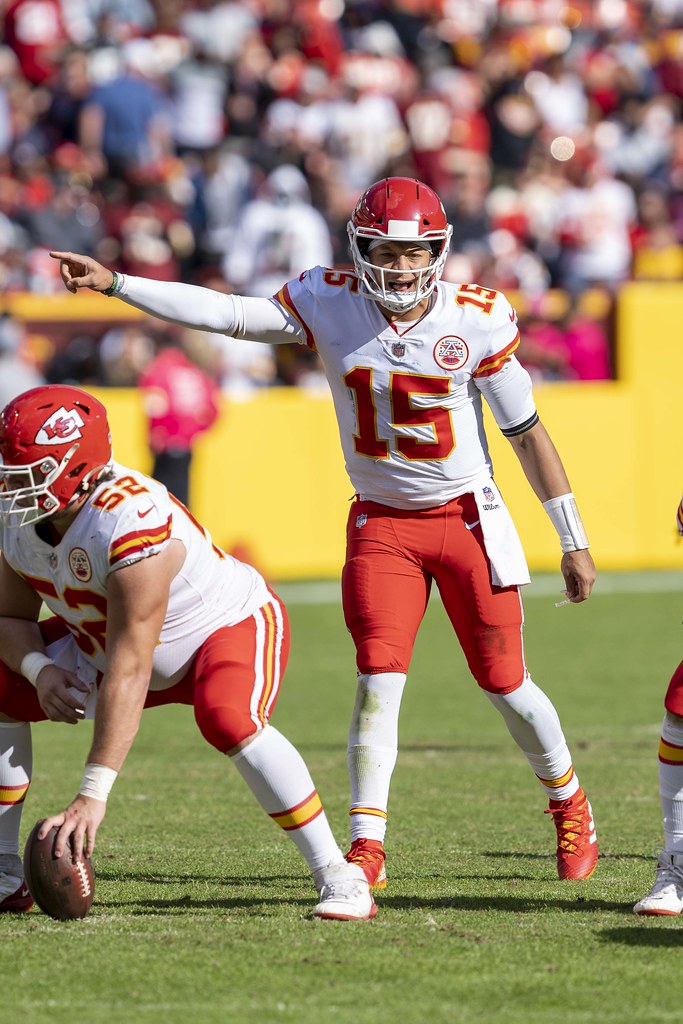
2. **The Invisible Flag: Jermaine Johnson’s Blatant Hold Goes Unpunished**: As if the controversial holding call against Sauce Gardner wasn’t enough to rile up the New York Jets faithful, the same game presented another egregious officiating oversight that left many scratching their heads. Jets defensive lineman Jermaine Johnson found himself in a particularly frustrating situation, visibly and continuously held by an opponent for what was described as a “stunning length of time.” This wasn’t a fleeting grab; it was a sustained restraint that severely impeded his ability to make a play, the kind of action that typically draws an immediate yellow flag.
Despite the clear and prolonged nature of the infraction, the officiating crew somehow seemed to “not notice Johnson being held for multiple seconds.” This shocking non-call directly contributed to a significant gain for the opposing team, as the play culminated in a sizable 25-yard run for star quarterback Patrick Mahomes. The consequence was tangible, handing the Chiefs a crucial advantage that might have been curtailed had the rules been enforced. It was a moment that underscored the belief among many that “the Chiefs caught all the breaks” in that contest.
The confluence of this uncalled hold with the highly disputed Sauce Gardner penalty painted a picture of lopsided officiating that deeply frustrated the Jets and their fans. In a sport defined by inches and split-second decisions, allowing such a blatant, sustained hold to go unpunished while simultaneously flagging a more ambiguous defensive play felt profoundly imbalanced. It reinforced the growing sentiment that the outcome of games was being unduly influenced by the subjective and seemingly inconsistent application of the rulebook, adding another layer to the mounting concerns about fairness on the field.
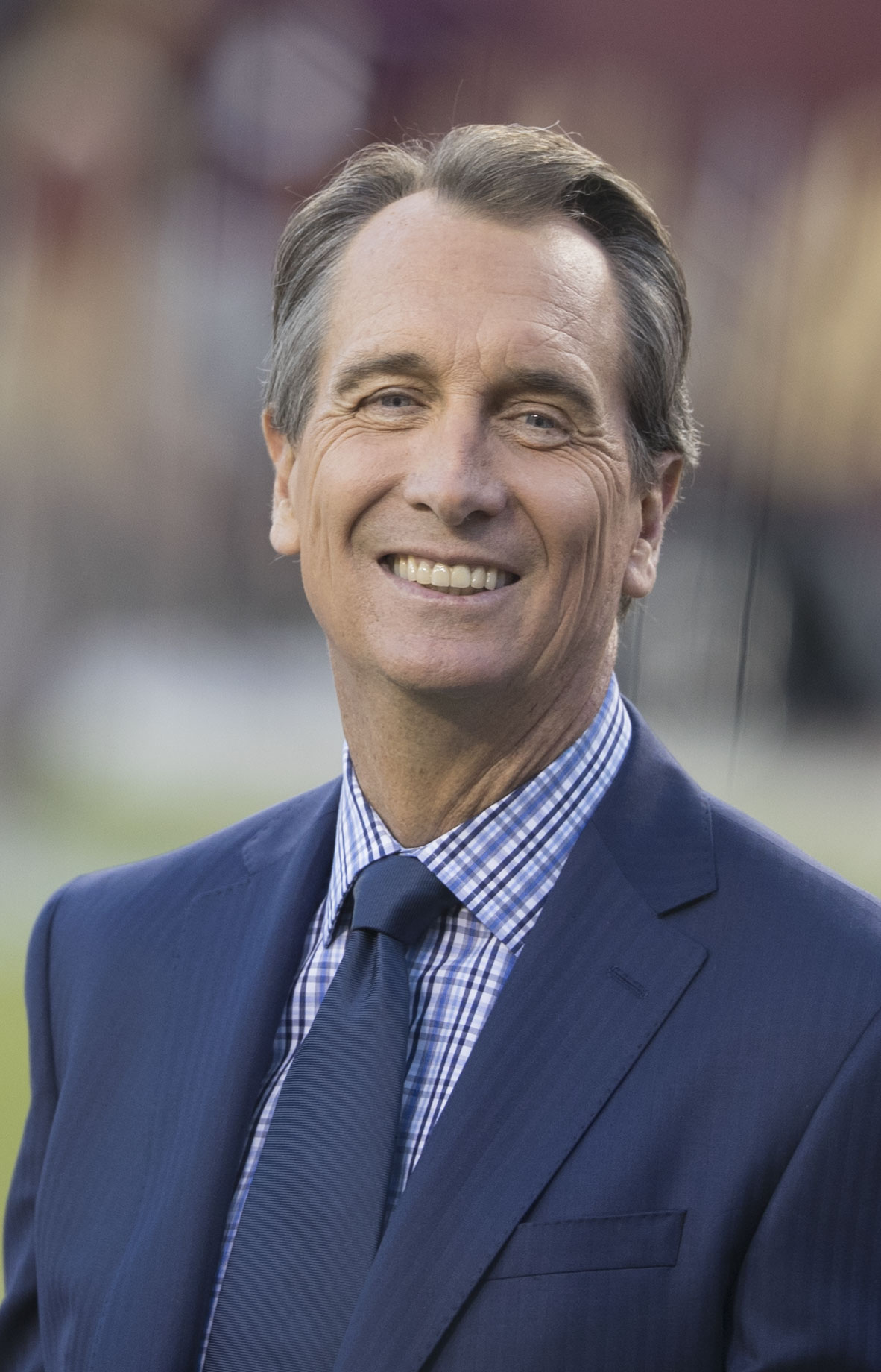
3. **The Missed Flag in Lambeau: Mahomes, Valdes-Scantling, and the Phantom PI**: Just a week after the Jets-Chiefs controversy, another critical officiating decision, or rather non-decision, lit up the NFL landscape, this time in a thrilling Sunday Night Football matchup between the Kansas City Chiefs and the Green Bay Packers. With the Chiefs attempting a game-tying rally in the dying moments of the fourth quarter at Lambeau Field, quarterback Patrick Mahomes unleashed a deep pass to wide receiver Marquez Valdes-Scantling. Packers cornerback Carrington Valentine “appeared to go over Valdes-Scantling’s back before the ball arrived,” a classic indicator of defensive pass interference.
The reaction was instantaneous and visceral. The Chiefs sideline erupted in shouts for a penalty, while Valdes-Scantling demonstratively threw up his arms. Broadcast analysts quickly weighed in, with NBC rules analyst and former referee Terry McAulay unequivocally stating, “This is defensive pass interference.” His sentiment was echoed by Cris Collinsworth, who exclaimed, “That’s gotta be a foul. That’s gotta be a foul!” The chorus of expert criticism reached a crescendo when Fox Sports rules analyst and former NFL VP of officiating Dean Blandino declared it the “most obvious missed call he’d seen since the controversial Rams-Saints NFC Championship Game in 2018.”
Ultimately, the non-call stood, allowing the Packers to secure a 27-19 victory, a win that undeniably benefited from the officials’ silence on that pivotal play. This controversial moment brought the officiating crew, led by referee Brad Allen, squarely into the national conversation. It marked a significant point of contention for his crew, setting the stage for increased scrutiny. The intensity of the debate surrounding this particular missed call highlighted how a single, seemingly overlooked infraction could significantly alter the trajectory of a game.

4. **A Week Prior: The Saints, the Falcons, and Another Unflagged Interference**: The missed defensive pass interference call in the Chiefs-Packers game was not an isolated incident for referee Brad Allen’s crew; it was merely the latest in a troubling pattern. Just one week earlier, in a crucial NFC South clash between the New Orleans Saints and the Atlanta Falcons, the same officiating crew found themselves at the center of another highly contentious non-call. In the second quarter, on second-and-9, Saints quarterback Derek Carr launched a pass intended for running back Alvin Kamara. The pivotal detail was the defensive coverage by linebacker Kaden Elliss.
In the play, Elliss “never turned around to defend the ball,” a fundamental element often indicative of defensive pass interference. Despite this clear lack of effort to play the ball and direct contact with Kamara before the pass arrived, Allen’s crew remained silent. The pass fell incomplete, a devastating outcome for the Saints. The Superdome crowd and the entire Saints organization erupted in collective outrage, “furious at the lack of a pass interference call,” as they watched a potential touchdown opportunity vanish.
The immediate consequence saw the Saints forced to settle for a field goal, trimming their deficit to 14-9 instead of potentially scoring a go-ahead touchdown. While seemingly a small margin, in a tightly contested divisional game, every point carries immense weight. Ultimately, the Saints went on to lose the game 24-15, a defeat that kept them trailing the first-place Falcons in the NFC South. This particular non-call, coming just days before the highly scrutinized Chiefs-Packers game, served as a stark precursor, showcasing a disturbing trend of significant missed pass interference calls under Brad Allen’s crew.
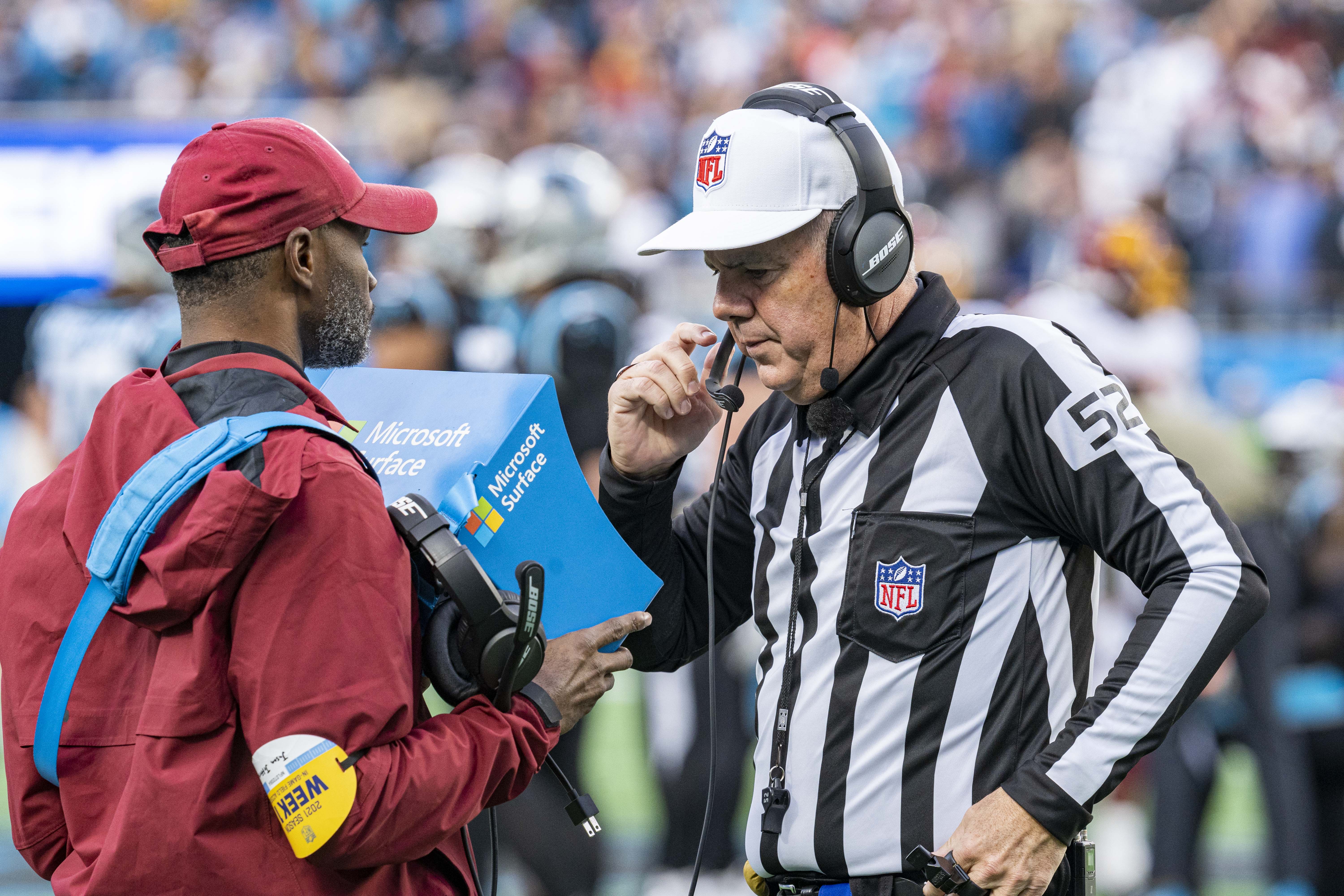
5. **The Shadow of 2018: A Controversial History Repeats Itself**: To fully grasp the magnitude of recent officiating blunders, especially those involving missed pass interference calls, one must revisit a seismic event in NFL history: the 2018 NFC Championship Game. The New Orleans Saints, then on the cusp of a Super Bowl berth, were famously denied that opportunity due to what remains one of the most egregious missed calls in modern football. Near the end of regulation, Los Angeles defensive back Nickell Robey-Coleman committed “blatant pass interference.” He clearly made contact with a Saints receiver well before the ball arrived, yet referee Bill Vinovich’s crew kept their flags holstered.
The fallout from that 2018 non-call was immediate and devastating. Had the penalty been correctly called, New Orleans would have been in prime position to run out the clock or score, almost certainly “likely would have reached the Super Bowl instead of Los Angeles.” It was a decision that directly altered the course of a franchise’s season and arguably robbed them of a championship appearance. Even years later, the mere mention of that game ignites passionate debate and serves as a painful reminder of how deeply an officiating error can impact the outcome of the highest-stakes contests.
The echoes of that infamous 2018 moment are reverberating loudly through the current NFL season. Dean Blandino, a highly respected former NFL vice president of officiating, drew a direct parallel between the recent Mahomes-Valdes-Scantling non-call and that monumental Saints-Rams blunder. He unequivocally stated it was “the most obvious missed call he has seen since that Rams-Saints NFC Championship Game in 2018. And there is a tie that binds those plays.” This comparison from a leading authority suggests a disturbing continuity in the nature and severity of officiating oversights.
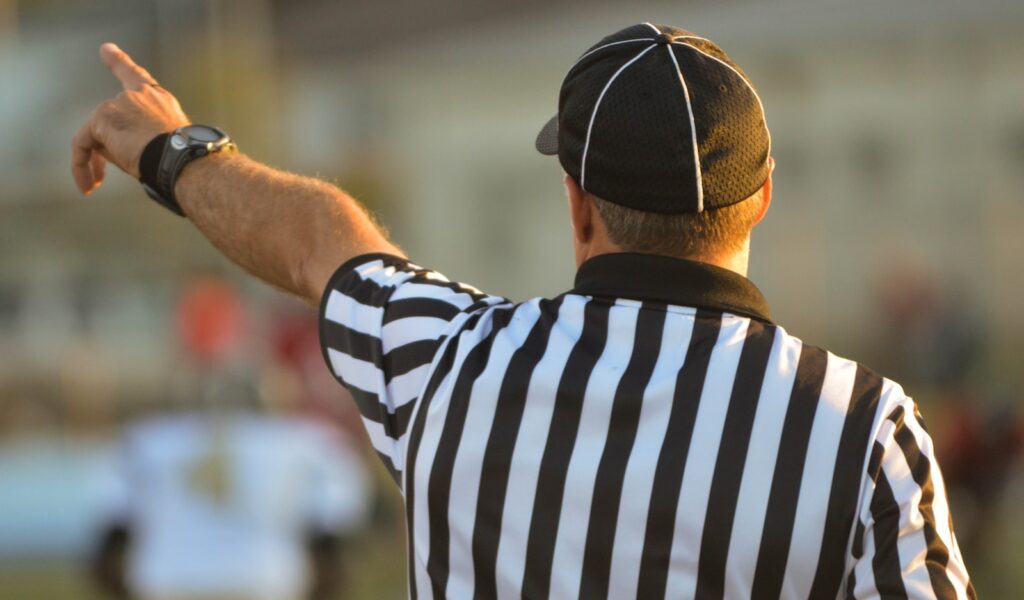
6. **The Unwavering Gaze: Brad Allen’s Crew Under the Microscope**: The back-to-back controversial non-calls in the Chiefs-Packers game and the Saints-Falcons matchup, both involving missed pass interference penalties, have cast an unprecedented spotlight on the officiating crew led by referee Brad Allen. This crew’s performance over consecutive weeks has been so visibly flawed and impactful that it has become a dominant storyline across the NFL, prompting widespread discussion and concern from analysts, former officials, and passionate fans alike. The consistent nature of these high-stakes errors has led to a collective raising of eyebrows, suggesting more than just isolated mistakes.
The immediate and most direct consequence of these successive controversies is the intense scrutiny Brad Allen’s crew now faces. As they prepared to officiate the Texans-Jets game at MetLife Stadium, the pressure was immense. Renowned NFL insider Adam Schefter highlighted this increased focus, noting that “Many, including the NFL, will be watching to see if there’s another decision by Allen’s crew that draws the ire of teams the way it did the past two weeks.” This public declaration from a top journalist underscores the league’s implicit acknowledgment of the officiating issues.
Beyond the immediate game, this level of heightened scrutiny has broader implications for the officiating landscape. It places immense pressure not only on Brad Allen but on every member of his crew, knowing that every single call, and every non-call, will be meticulously dissected. This situation serves as a stark reminder of the delicate balance officials must maintain, operating under an unforgiving microscope where their decisions can not only alter game outcomes but also significantly impact the public perception of the league’s fairness and integrity. It highlights how consistent controversial performance can erode trust and generate a demand for accountability.
The initial shockwaves from these individual officiating controversies gradually give way to a broader, more systemic discussion about the state of NFL officiating. The incidents discussed previously are not isolated anomalies; rather, they form part of a larger narrative of frustration and calls for greater accountability that echo across the league. This shift in focus moves beyond specific plays to examine wider trends, the collective reaction from the football world, and the mechanisms the NFL employs—or perhaps struggles with—to maintain the integrity of its games.
Indeed, the passionate outcry from fans, players, and analysts is not merely directed at single errors but at what many perceive as a concerning pattern. This section will delve deeper into the overarching issues plaguing NFL officiating, exploring instances of excessively high penalty counts that disrupt game flow, capturing the raw, unfiltered reactions from various stakeholders, and shedding light on the NFL’s own intricate processes for evaluating and managing its officials. The aim is to understand the broader landscape of officiating woes that have left many asking, ‘What’s going on with the refs?
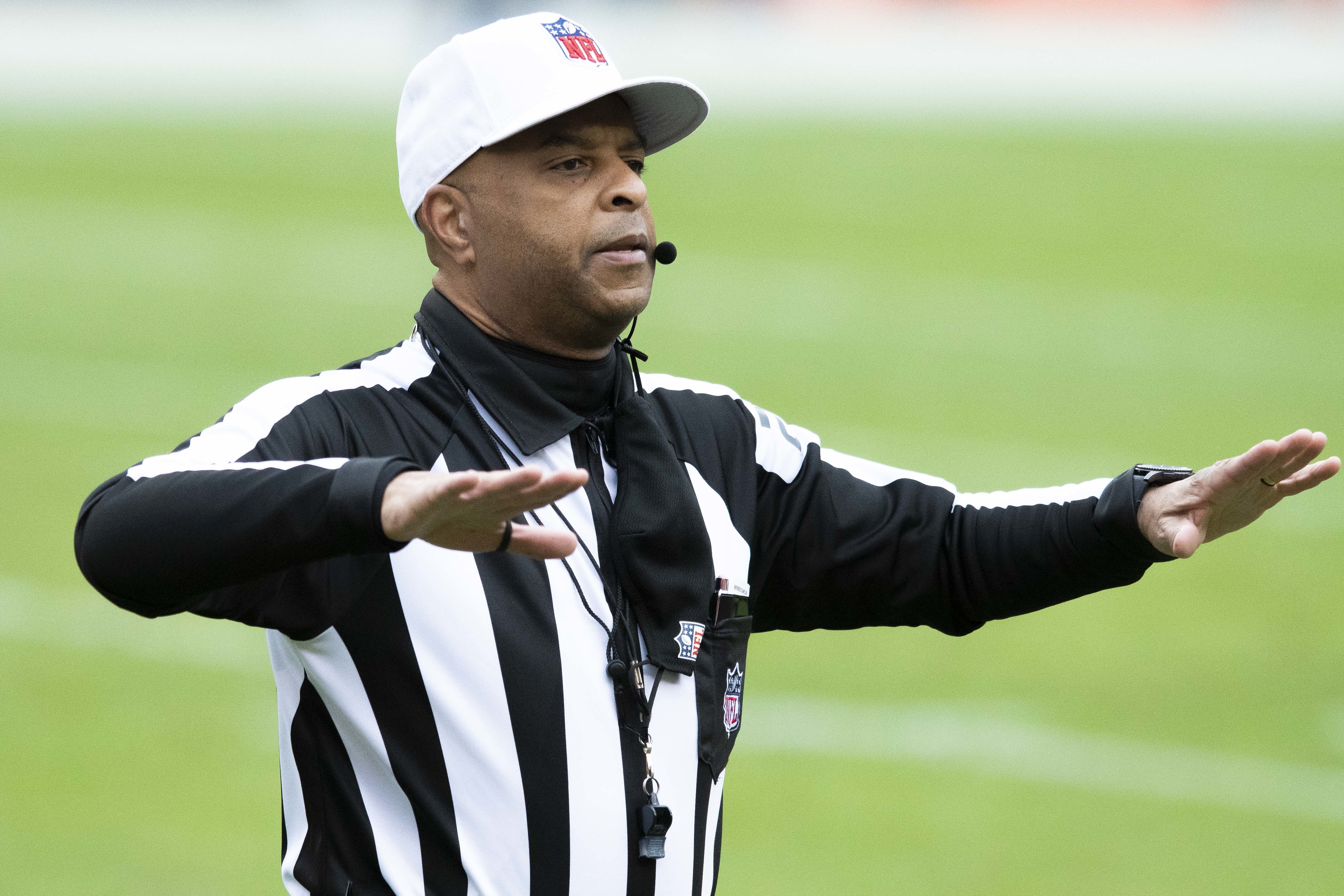
7. **A Flag-Filled Spectacle: The MNF Penalty Epidemic**: While specific non-calls garner significant attention, another facet of officiating frustration stems from games overwhelmed by an excessive number of penalties. A prime example occurred during a recent Monday Night Football showdown between the New York Jets and the Buffalo Bills, where the officiating crew, led by referee Adrian Hill, became an unexpected and persistent presence on screen. In this single contest, a staggering 22 penalties were called, tying for the highest number of flags thrown in any NFL game that season.
This deluge of penalties resulted in an incomprehensible 204 total yards marched off due to infractions, a figure so high that it led many observers to remark that referee Hill was arguably more visible than some of the players themselves. The sheer volume of yellow flags disrupted the game’s rhythm, frequently halting drives and momentum, and creating an atmosphere where the officiating crew’s decisions felt more central to the narrative than the athletic performances on the field. Such high-penalty games inevitably raise questions about the consistency of enforcement and whether officials are over-officiating, turning the contest into a stop-and-start affair.
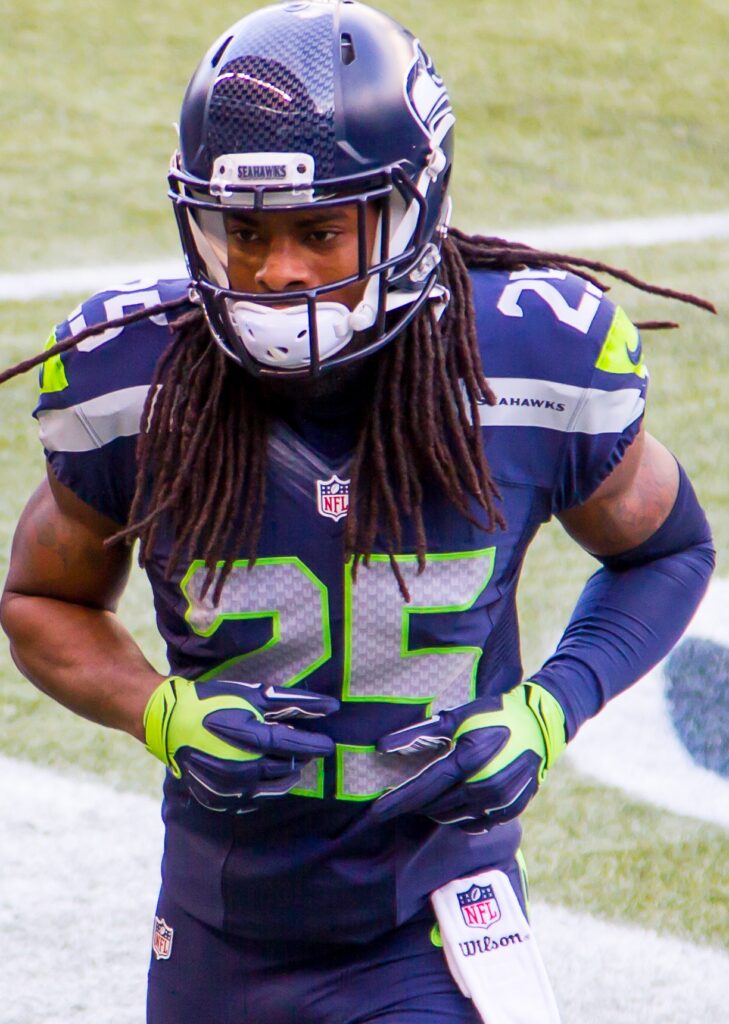
8. **The Unfiltered Outcry: Social Media and Analyst Reactions**: When officiating decisions reach a fever pitch of controversy, the immediate aftermath often sees an explosion of outrage across social media and from prominent sports analysts. The Monday Night Football game, plagued by its record-tying penalty count, served as a prime example of this phenomenon. The frustration was particularly acute during the Jets’ final drive, where a controversial fumble call was reversed to an incomplete pass, followed by a flurry of three questionable penalties, igniting widespread disbelief among fans and commentators alike.
Veteran Amazon analyst and former NFL cornerback Richard Sherman minced no words, writing, “These refs are bias[ed] tonight. I don’t use that lightly but it’s apparent. These aren’t my teams but these calls don’t make sense. I see similar contact from Buffalo DBs and nothing being called.” His strong accusation of bias underscored the sentiment that the game’s outcome felt unduly influenced by the officials. Other prominent voices quickly joined the chorus: Barstool Sports podcaster Big Cat sarcastically remarked, “Happy the refs have made tonight about themselves,” reflecting the widespread feeling that the officials had stolen the spotlight from the players.
MSNBC’s Luke Russert, a fervent Buffalo Bills fan, expressed his utter dismay, posting, “I’m speechless. The refs are truly dictating this game. PI on Bills is wiped out by a phantom ‘unnecessary roughness’ penalty. Disgusting stuff in New Jersey. Park your bias, if you’re a fan of the game, you hate this garbage.” Former Cincinnati Bengals wide receiver Chad Johnson succinctly captured the collective frustration, stating, “The damn refs are ruining the game my goodness.” Even ESPN’s acclaimed NFL analyst Mina Kimes reacted with a powerful, all-caps tweet: “ENOUGH.” The sentiment was clear: the constant stream of penalties was detracting from the very essence of professional football. Adding a touch of gallows humor to the situation, Joe Buck, the game’s play-by-play commentator, lightheartedly quipped that referee Adrian Hill would “need his SAG (Screen Actor’s Guild) card after all of these calls tonight” due to his frequent appearance on television. This widespread condemnation from every corner of the sports world highlighted the profound dissatisfaction with the officiating performance.
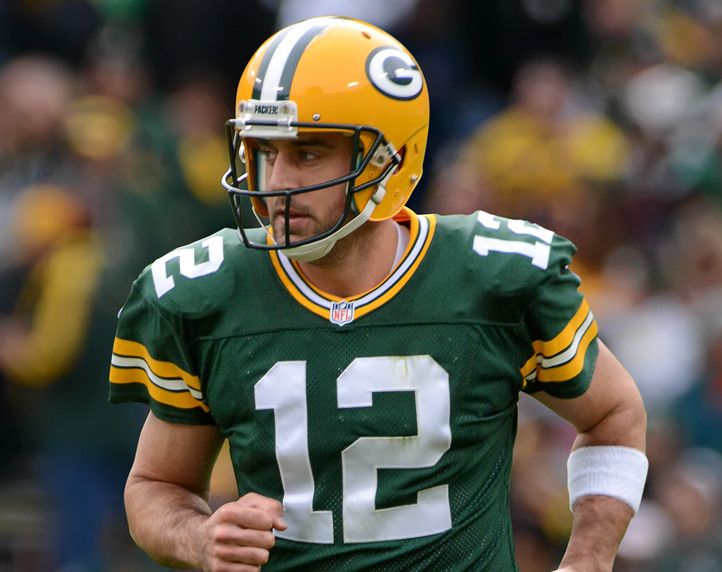
9. **Players Speak Out: Aaron Rodgers’ Blistering Critique**: It’s not just analysts and fans who grow weary of officiating controversies; players, who are directly impacted by these decisions, often voice their own frustrations. Following the penalty-ridden Monday Night Football game, Jets quarterback Aaron Rodgers, despite his team’s eventual loss, pulled no punches in his post-game press conference. He candidly labeled the penalties as “ridiculous,” expressing his deep dissatisfaction with the way the game was officiated.
Rodgers specifically highlighted a “roughing the passer” call against him, unequivocally stating, “That’s not roughing the passer.” This direct challenge to a specific call from a star quarterback carries significant weight, as it comes from someone operating within the precise parameters of the game. His comments underscore the disconnect that sometimes exists between the officials’ interpretation of rules and the players’ on-field experience, particularly when seemingly ticky-tack calls impact pivotal moments.
Adding a touch of his characteristic wit, Rodgers even invoked a pop culture reference, suggesting, “We might as well play Sarcastaball if we’re going to call those things.” This allusion to the satirical football game from the comedy show ‘South Park,’ where rules are absurdly exaggerated and every minor contact is penalized, perfectly encapsulated the feeling of many players and fans that officiating had become overly zealous and subjective. His public remarks serve as a powerful reminder that player perspectives are crucial in understanding the impact of officiating on the game’s integrity and flow.
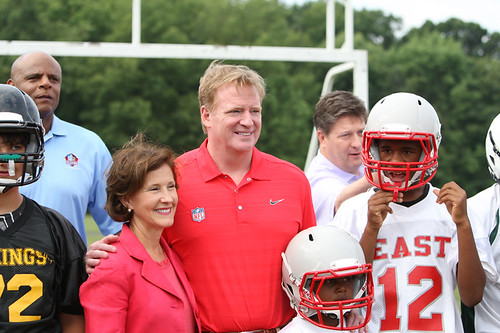
10. **Behind the Whistle: The NFL’s Rigorous Evaluation Process**: Amidst the public outcry and intense scrutiny, it’s crucial to understand that NFL officials are not operating without oversight. The league has established a comprehensive and rigorous internal system for evaluating the performance of its officiating crews. This process is designed to ensure accountability and facilitate improvement, reflecting the NFL’s recognition of the critical role officials play in the fairness and quality of the game.
Specifically, league officiating staff meticulously “analyze the performance of every official” on “every play of every game.” This granular review encompasses not only the calls that are made but, just as importantly, those that are not. Each decision, or lack thereof, is scrutinized against the rulebook and established guidelines, forming the basis for a detailed assessment of individual and crew performance. This continuous, play-by-play analysis aims to identify trends, areas for improvement, and instances of error.
The outcome of this meticulous review is a formal grade assigned to each official. These grades are not merely administrative; they play a significant role in determining how the league helps officials improve their performance. Furthermore, these evaluations directly impact critical assignments, particularly influencing which officials are selected to officiate in the high-stakes environment of the playoffs. Beyond these ongoing assessments, there are also comprehensive “year-end evaluations of every official,” providing a holistic view of their performance over an entire season. This multi-layered evaluation system underscores the NFL’s commitment to holding its officials to high standards, even as public confidence sometimes wavers.
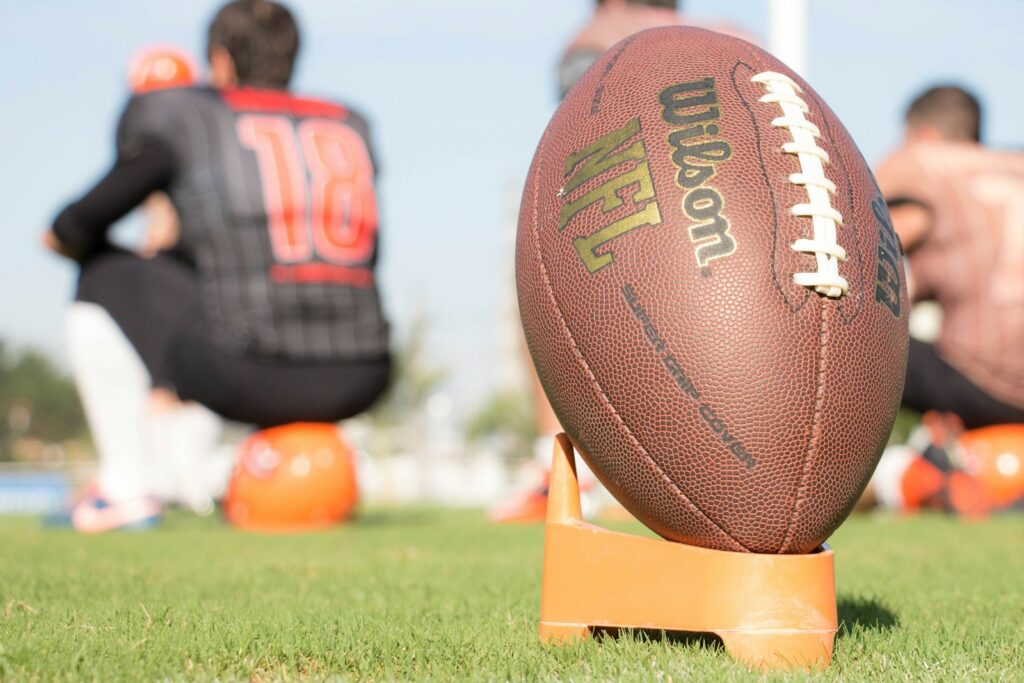
11. **The Path Forward: Sustaining Integrity Under Scrutiny**: The recent string of high-profile officiating blunders and penalty-laden games has undeniably placed the NFL’s integrity under an intense, unforgiving microscope. The collective frustration from fans, players, and analysts alike points to a clear demand for greater consistency and accuracy from the men and women in stripes. While the league’s internal evaluation processes are robust, the public perception of officiating quality remains a critical challenge that the NFL must continuously address.
Moving forward, the focus must be on strengthening the trust between the league, its officials, and the passionate fan base that fuels its popularity. This involves not only reinforcing the training and evaluation of officials but also fostering an environment where controversial calls are transparently addressed and explained. The scrutiny Brad Allen’s crew faced, with even Adam Schefter noting that “Many, including the NFL, will be watching,” highlights the immense pressure and the imperative for officials to perform flawlessly under the brightest lights.
Ultimately, the goal is to ensure that the outcomes of NFL games are decided by the athletes on the field and not by the subjective interpretations or perceived errors of the officiating crew. By continuously refining evaluation methods, promoting accountability, and striving for unwavering consistency in rule enforcement, the NFL can work towards rebuilding and sustaining the confidence of its global audience, ensuring that the spectacle of professional football remains unmarred by officiating controversies. The integrity of the game, a cornerstone of its appeal, depends on it.



